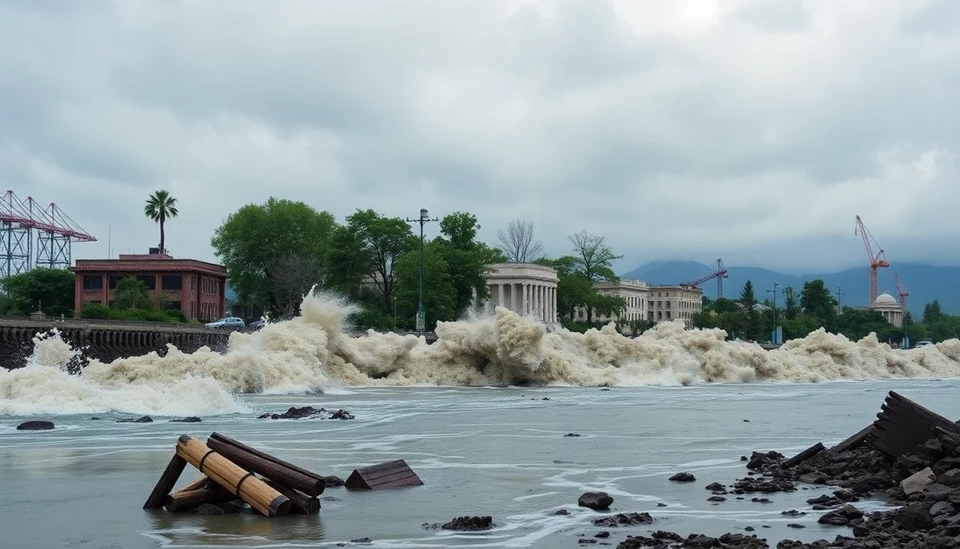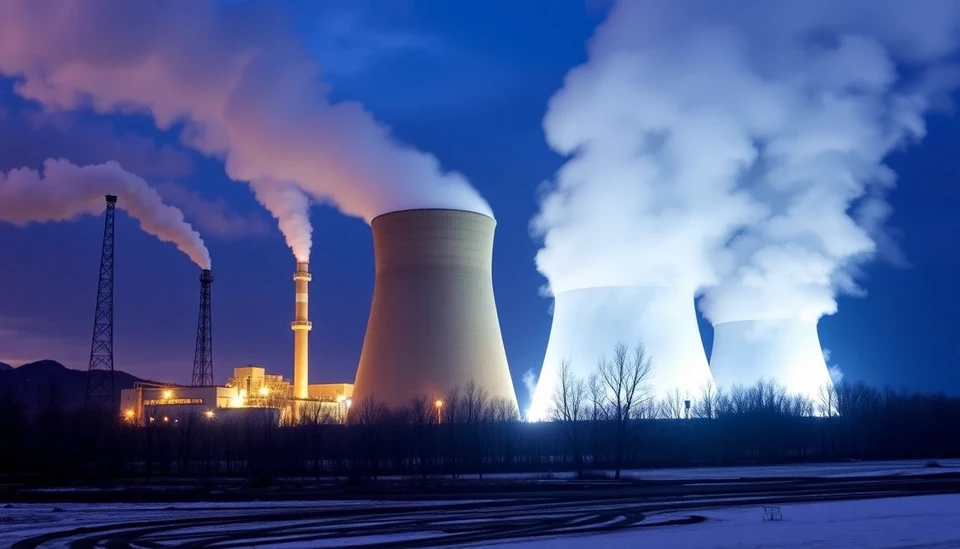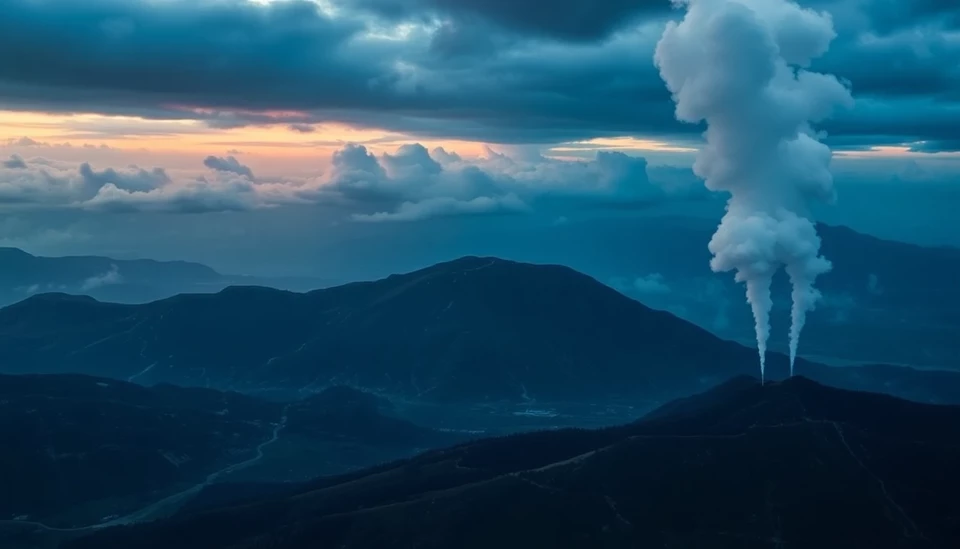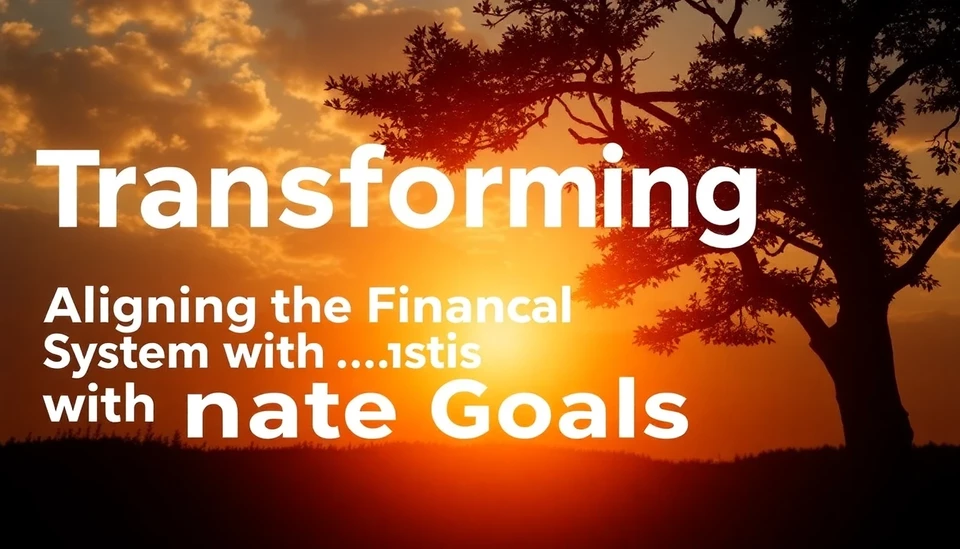
In a political landscape reshaped by escalating climate disasters, the 2024 U.S. presidential race is witnessing dynamic shifts as candidates grapple with the urgent calls for climate action. With a series of devastating extreme weather events, including hurricanes, wildfires, and flooding, voters are increasingly prioritizing climate issues when making electoral choices.
Recent polling indicates a marked increase in concern regarding climate change among voters. This comes as a result of firsthand experiences with calamities that have ravaged communities across the nation. Candidates are being pushed to address these issues head-on, recognizing that ignoring climate change could jeopardize their chances at the ballot box.
The recent spate of natural disasters has disproportionately affected swing states, which are crucial for securing electoral victories. Areas that traditionally oscillate between Democratic and Republican candidates find themselves at the forefront of climate-related disruptions, making climate policy a significant point of contention. The catastrophic impacts of severe storms and rising sea levels are placing climate resilience and sustainability at the center of political discourse.
In response, both the Democratic and Republican candidates are recalibrating their strategies. Democratic candidates are embracing broader climate initiatives, advocating for comprehensive legislation targeting renewable energy, infrastructure resilience, and carbon emissions reductions. The urgency of the climate crisis is compelling them to propose bold policies aimed at fostering a sustainable future.
On the other hand, some Republican candidates are starting to alter their stances, recognizing the need to appeal to an electorate increasingly aware of environmental issues. Although traditionally cautious about climate regulations, certain candidates are now advocating for climate adaptation measures, which reflect a shift in the party's approach to environmental policies.
This evolving discourse is not just limited to candidates; it also influences voter interactions and activism. Grassroots movements demanding climate justice are gaining momentum, and their influence is evident in how candidates are reshaping their platforms. Activists are mobilizing to hold politicians accountable, ensuring that climate action remains a centerpiece of the campaign.
The intertwining of climate crises and politics is pushing the narrative at a rapid pace. The 2024 election cycle is expected to showcase candidates who not only promise changes but also present actionable plans and effective solutions to combat the climate emergency. As the race heats up, one thing is clear: voters are demanding climate resilience and sustainability be not just a campaign slogan, but a commitment that drives policy and action.
As this narrative unfolds, the implications for future electoral cycles and climate policy could be profound. The outcomes of the upcoming elections may herald a new era of prioritizing environmental issues, influenced heavily by the realities of climate change that Americans are increasingly facing every day.
In summary, as the threats posed by climate change become more immediate and tangible, the 2024 U.S. presidential race is rapidly becoming a battleground for climate action, with candidates needing long-term solutions that resonate with a public that has witnessed the devastating impact of these ongoing disasters.
#ClimateCrisis #PresidentialRace2024 #ClimateAction #Sustainability #VoterAwareness #GrassrootsMovements #PoliticalChange #NaturalDisasters
Author: Megan Clarke




